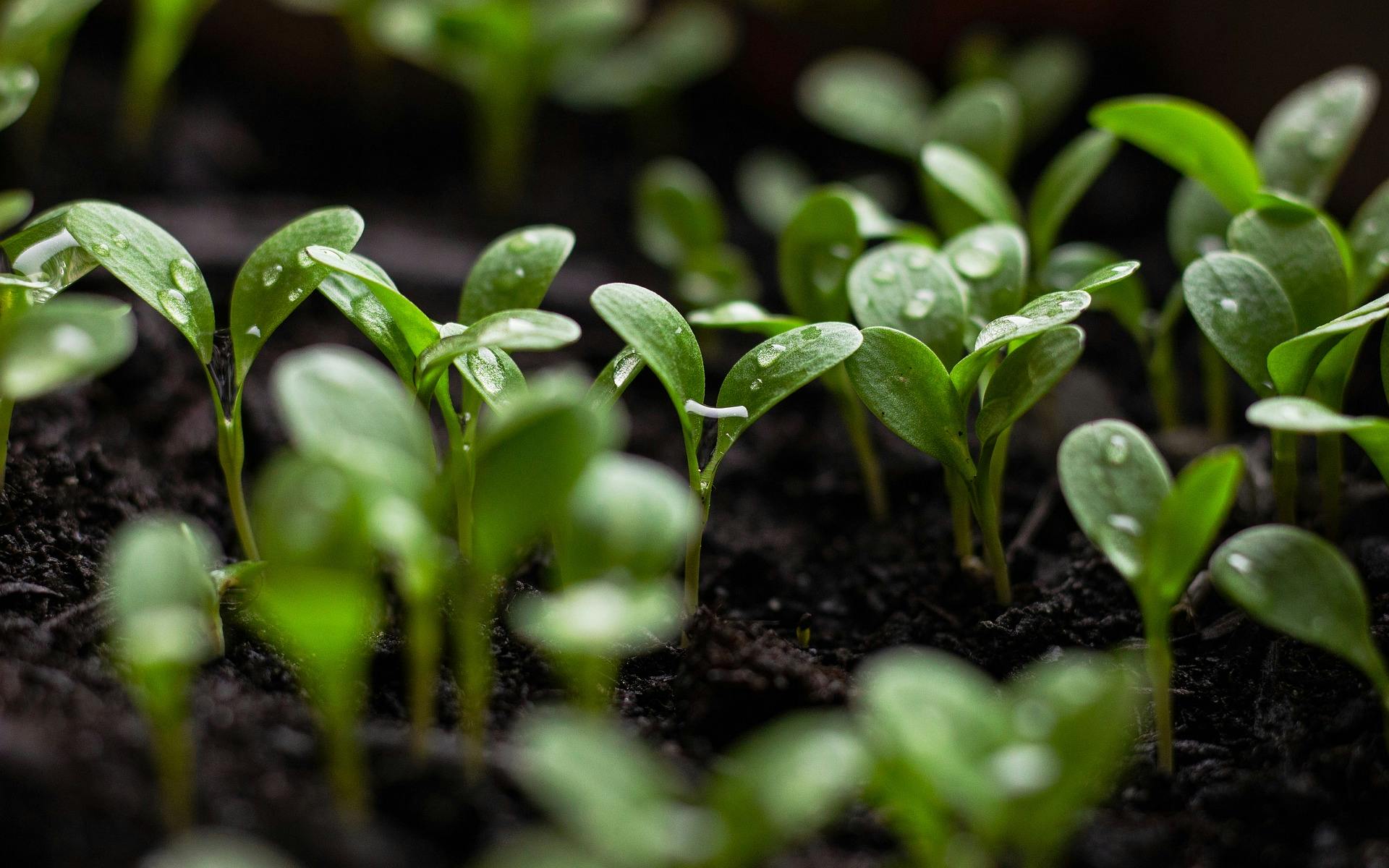
Environment
Our sustainability goal is to reduce our carbon footprint and to do what we can to contribute to a sustainable future.
Energy efficiency and positive environmental impact
Reducing the carbon footprint
In 2023, we performed our first measurement of our carbon emissions using the GHG Protocol. All carbon emissions that are material to Truecaller’s operations were included in the
calculation. In 2023, we also prepared a carbon management plan. As we are in a strong growth phase, the target for 2024 has been adjusted to focus on reducing emissions in relation to our revenue (intensity). In 2024, carbon intensity increased by 8 percent from 0.35 tCO2e/SEKm to 0.38 tCO2e/SEKm.
In accordance with the GHG Protocol, the internationally recognized standard for measuring carbon dioxide emissions,
Taking into consideration the breakdown of the emissions sources, we established a three-year plan to reduce carbon emissions as follows:
- Scope 2 emissions from our offices from electricity consumption
- Scope 3 emissions in category 3 from the offices in India from earlier stages as certain energy losses occur in electricity transmission
- Scope 3 emissions in category 6 from business travel by air and rail
- Scope 3 emissions in category 7 from the offices in India from commuting
We are now following a plan to reduce carbon emissions intensity by at least 15 percent by 2030 compared with the base year of 2023.
Green buildings
Our Offices
In March 2023 Truecaller’s first own office outside of Sweden was opened, in Bangalore, India. The new office was granted LEED certification in 2023. This certification, which is granted to sustainable buildings, is an internationally recognized symbol of leading initiatives and performance within sustainability. The LEED process evaluates buildings based on their performance in relation to various sustainability criteria and aims to revolutionise the construction industry, with the goal of contributing to reduced global emissions.
Our office in Gurugram has LEED Gold certification. The building and its interiors meet the requirements for green buildings according to the WELL Building Standard, which guarantees sustainability as well as human health and wellbeing. Our head office in Stockholm is housed in a LEED certified building with the highest LEED rating.
Data centers
Our data center in Stockholm has been recognized for its minimal environmental impact and is certified to ISO 14001:2015, an international standard for efficient environmental management systems. In 2018 our choice for our transition to a cloud-based solution was Google Cloud Platform (GCP) due to Google’s commitment to running its data centers using clean energy.
GCP data centers are distinguished by their exceptional energy efficiency; on average a Google data center is twice as energy efficient as a conventional data center. In the past five years these data centers reached a milestone in generating five times as much data capacity while keeping energy consumption at the same level. In line with our sustainability targets we are therefore proud to announce that we were able to phase out own data center in Stockholm in 2024. All of our work flows will be transferred to Google Cloud Platform in an initiative that will not only improve our operational efficiency, but is also aligned with our focus on our environmental responsibility. We are also prioritizing resource efficiency by dynamically adapting our server systems to user patterns. During periods of high user activity, such as in the evening, we are scaling up to meet the demand. Conversely, during periods of low activity we can proactively scale back to optimize energy consumption and reduce our environmental impact.
Waste management
In 2023 we remained focused on reducing waste and increasing waste recycling at all offices. We are continuing to collect all electronic equipment that has reached the end of its life cycle and we are exploring new partnerships to improve collection and recycling options for our offices. In addition to reducing waste, we are also aiming to create positive effects for the community through our CSR initiatives.
This includes donating laptops and mobile phones to underserved schools and children as a means of contributing to community wellbeing. In the places where it is possible, we are also aiming to exceed our waste reduction targets. This includes measuring progress made, not only in electronic waste, but also in areas such as household waste, food waste and plastic waste. Having this ambition will enable us to measure and evaluate our progress in the years ahead. Wet and dry waste are sorted, recycled and turned into safe fertilizers to be used in the parks around our offices. All electronic waste and wet and dry waste are collected, sorted and measured, and all reports are sent to the Indian Pollution Board via the tech parks where we have our offices.
More on various areas that we focus can be read in our ESG Reports and Disclosures section.